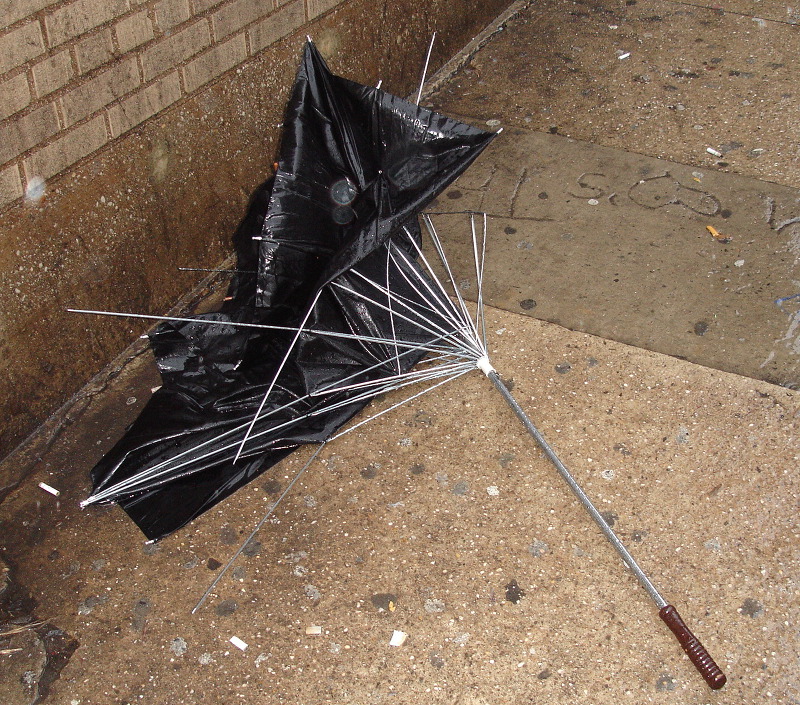John R. Quain, "Alexa, What Happened to My Car?", NYT 1/25/2018 [emphasis added]:
And even though voice bots like Alexa and Google’s Assistant can be taught to recognize different voices — well enough to cater to each family member’s favored Pandora stations, for example — they do not offer any sort of biometric security, such as voice print analysis. As a result, Alexa’s voice-recognition capabilities are not discerning enough for security purposes, according to Amazon.
There are two things about this passage that caught my attention.
First, a minor point: the NYT here chooses to write "voice print" as two separate words. This is a change from their previous practice — already in May of 1962 (and many times since), the grey lady was writing "voiceprint" solid in stories like this one:
A researcher from Bell Telephone Laboratories described yesterday tests that he said, showed that "voiceprints" may prove to be almost as effective, for identification, as fingerprints.
And second, a more important point: here's a journalist who still thinks that "voice print analysis", however spelled, offers "biometric security".
[Warning: what follows is a long post about lexicographic, technological, journalistic, and literary history, guaranteeing that at least three quarters of the content will bore or mystify most readers.)
Read the rest of this entry »

